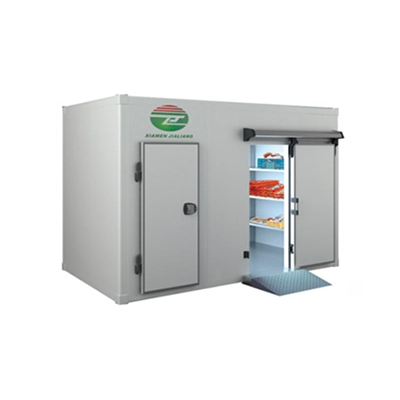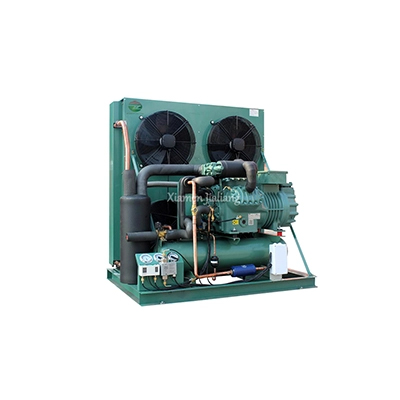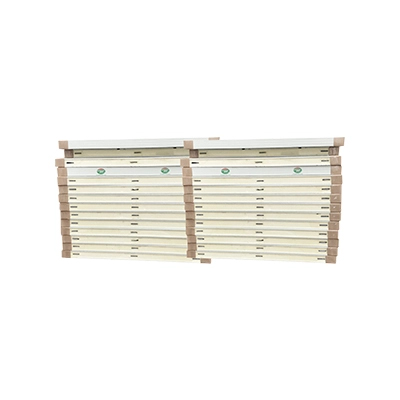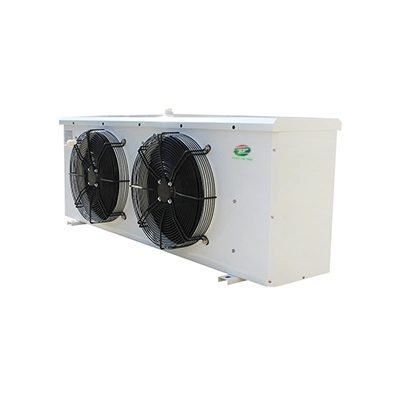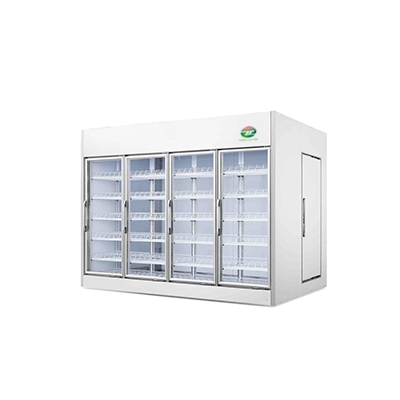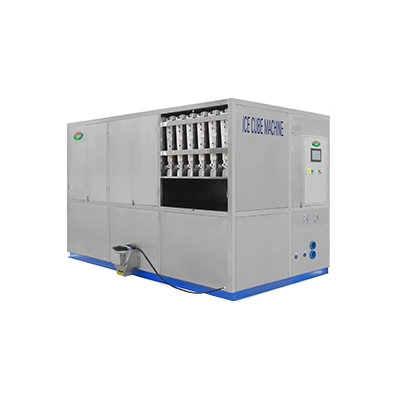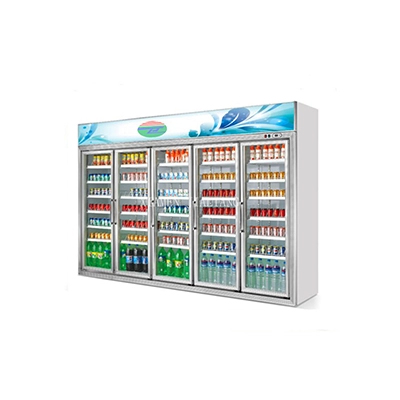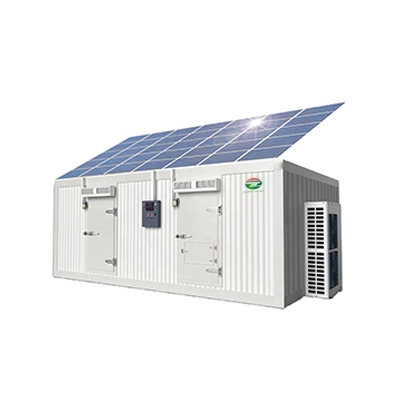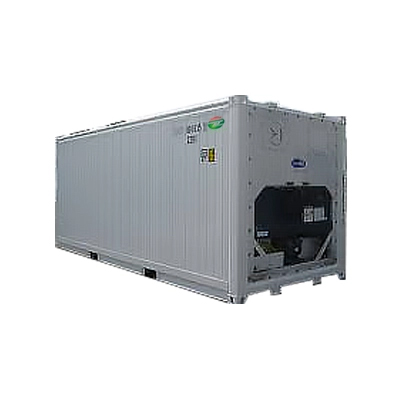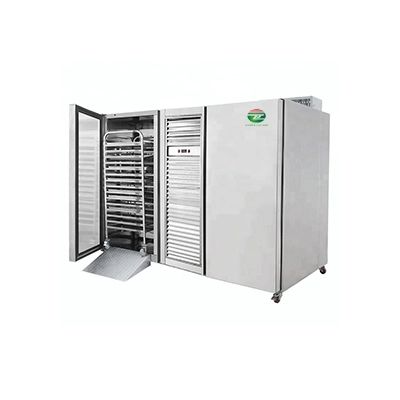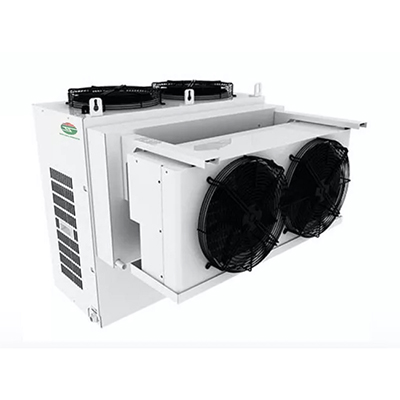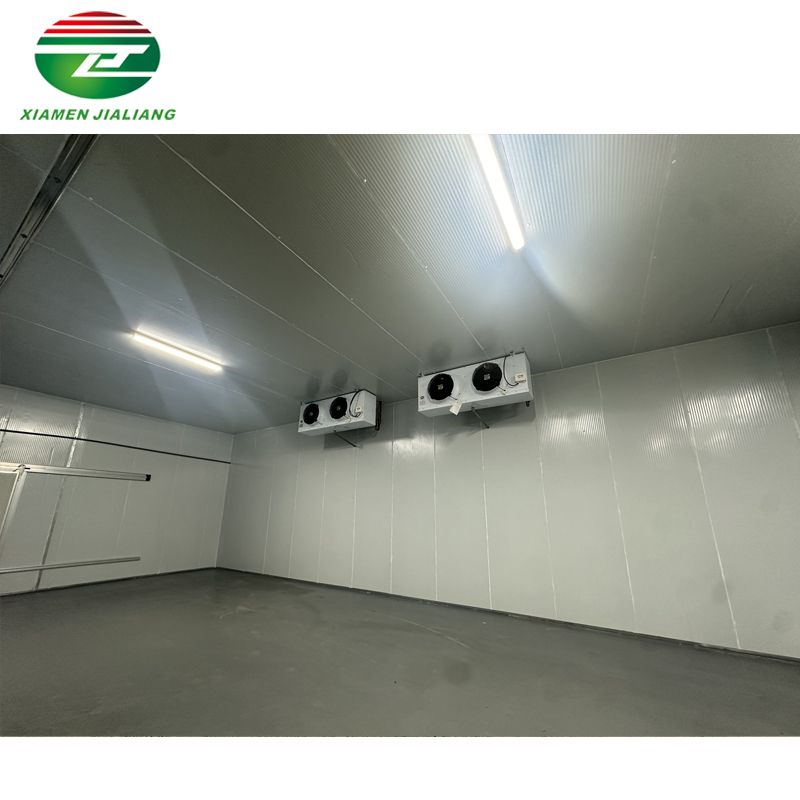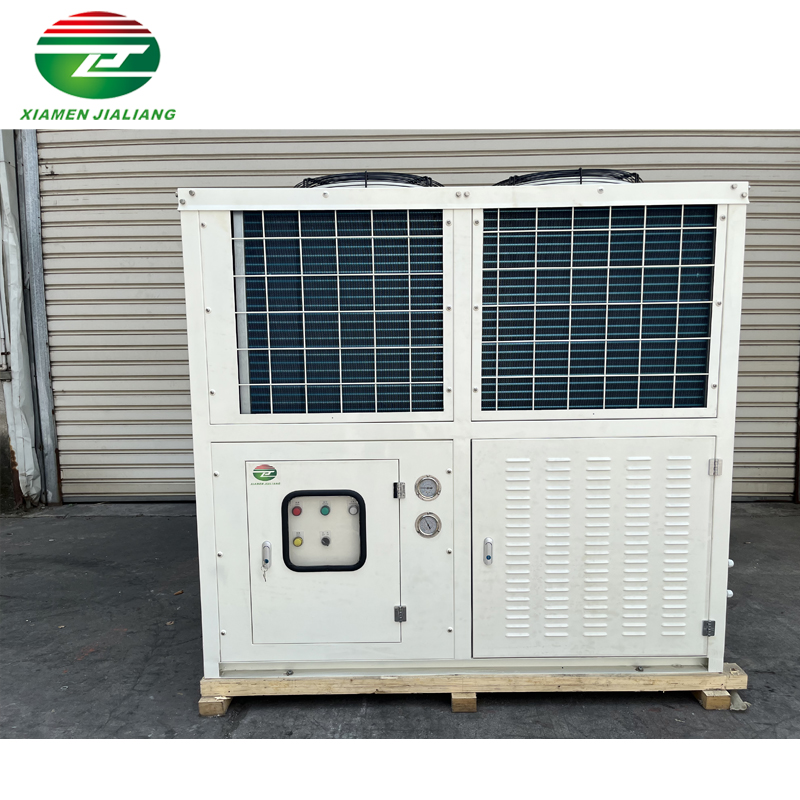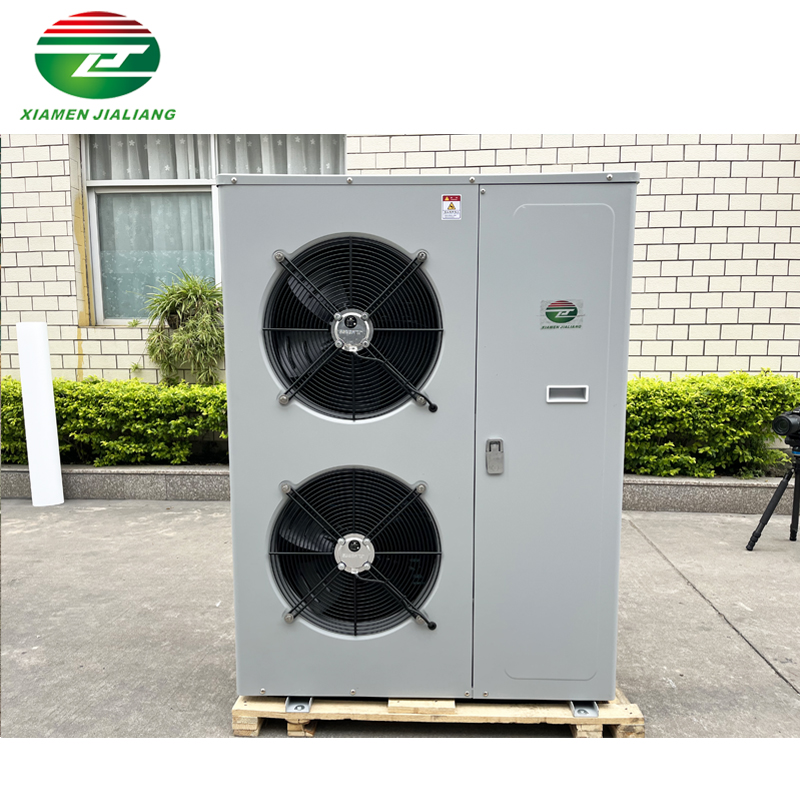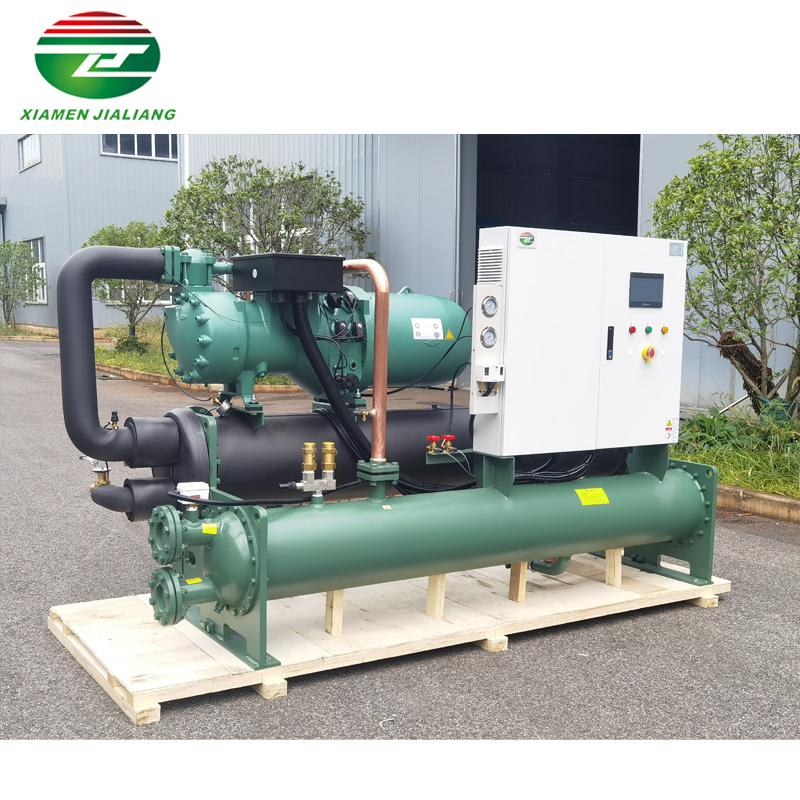What can a cold room be used for?
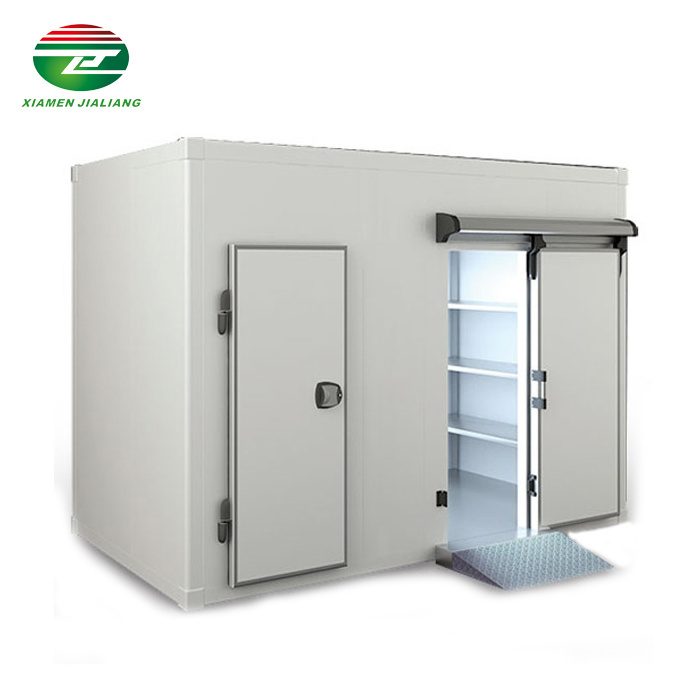
What can a cold room be used for? This question may arise when considering the potential applications of cold rooms. Cold rooms, also known as walk-in refrigerators or freezers, are versatile storage spaces that have a wide range of uses across industries. One of the main uses of cold rooms is for food storage. Restaurants, grocery stores, and food processing plants rely on these temperature-controlled environments to keep perishable items fresh and safe. Additionally, cold rooms are used in the pharmaceutical industry to store vaccines, medications, and other temperature-sensitive products. However, the use of a cold room is not just for food and pharmaceutical storage. There are several other possible applications for this specialized storage solution, including flower preservation, scientific research, and even art conservation. In this article, we will take a deep dive into the various uses and explore the potential of cold rooms in different industries.
Uses of Cold Rooms
A cold room is a vital asset across industries and sectors. It is a specially designed storage space that is equipped with a refrigeration system to maintain low temperatures. The main purpose of a cold room is to preserve perishable items such as food, medications, chemicals, and other temperature-sensitive products.
One of the main uses of cold rooms is in the food industry. Restaurants, hotels, and catering businesses rely heavily on cold rooms to store and preserve their food products. These rooms ensure that perishable items such as fruits, vegetables, dairy products, and meats are kept at optimal temperatures to preserve their freshness and quality. Cold rooms not only prevent food spoilage, but also help extend the shelf life of these products and reduce food waste.
In the pharmaceutical industry, cold rooms play a vital role in storing drugs and vaccines that require specific temperature conditions. Many drugs and vaccines are highly sensitive to temperature changes, and any deviation can render them ineffective or even harmful. Cold rooms provide a controlled environment that keeps these sensitive products at the required temperature, ensuring their efficacy and safety.
Cold rooms are also widely used in the floral industry. Flowers are delicate and perishable, and their quality and freshness are crucial to businesses in this industry. By storing flowers in cold rooms, florists can extend their life and preserve their vibrant colors and fragrance. This allows them to provide customers with high-quality flowers with a longer shelf life, thereby improving customer satisfaction and increasing sales.
Another industry that benefits from cold rooms is the chemical industry. Certain chemicals and substances need to be stored at low temperatures to prevent degradation or reactions. Cold rooms provide the right environment for storing these chemicals, ensuring their stability and preserving their integrity. This is especially important for laboratories and research facilities working with sensitive compounds.
Other Possible Applications
One of the most versatile and important innovations in the field of refrigeration is the cold room. While commonly associated with the storage of perishable goods, cold rooms have a wide range of other possible applications. These specialized rooms provide a controlled environment that is vital to various industries and sectors.
One such application of cold rooms is in the pharmaceutical industry. The storage and transportation of temperature-sensitive drugs and vaccines requires precise temperature control to maintain their efficacy. Cold rooms provide an ideal solution by providing a consistent and regulated environment. By ensuring that the temperature is maintained within the required range, cold rooms help maintain the potency and integrity of these life-saving drugs.
Another industry that benefits from cold rooms is the food processing and catering industry. With the increasing demand for fresh, high-quality food, cold rooms play a vital role in maintaining the freshness of perishable items and extending their shelf life. From fruits and vegetables to dairy products and meat, cold rooms provide optimal storage conditions, preventing spoilage and preserving the nutritional value of food.
Cold rooms are also used in the field of scientific research. Laboratories and research facilities often require controlled environments to conduct a variety of experiments and scientific studies. Cold rooms provide the necessary stability in temperature, humidity, and lighting conditions to ensure reliable results and accurate analysis. Whether it is medical research, genetics, or environmental studies, cold rooms provide scientists and researchers with a controlled space to conduct their investigations.
The hospitality industry is another industry where cold rooms are widely used. Hotels, restaurants, and catering services rely on cold rooms to store and preserve a large number of food and beverages. From storing fresh produce to chilling beverages for events and banquets, cold rooms help streamline operations and ensure the availability of quality ingredients during culinary preparations.
In addition, cold rooms have found applications in the floral industry. Flowers, especially delicate exotic flowers, require specific temperature and humidity conditions to maintain freshness and extend vase life. Cold rooms provide the necessary environment for storing and preserving flowers, allowing florists and retailers to provide customers with vibrant and long-lasting floral arrangements.
Conclusion
This article discusses the various and basic uses of cold rooms across various industries. Cold rooms are used to preserve food, store pharmaceuticals, maintain the freshness of flowers, and protect sensitive chemicals. They play a vital role in ensuring the quality and longevity of perishable items by providing a controlled and consistent temperature environment. In addition to their traditional storage uses, cold rooms have a variety of other applications including pharmaceuticals, food processing, scientific research, hospitality and the floristry industry. These versatile spaces provide a controlled environment for a wide range of industries and sectors. By maintaining the required temperature and humidity levels, cold rooms ensure the preservation and quality of stored items, making them an indispensable asset in today’s modern world.

